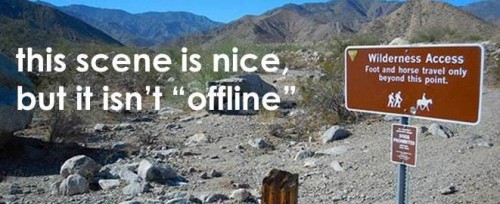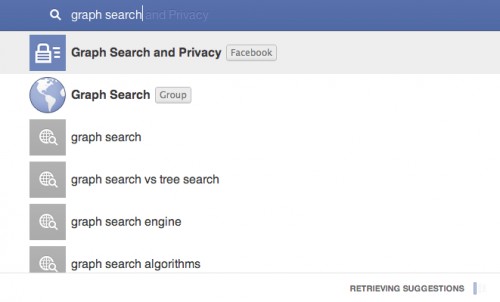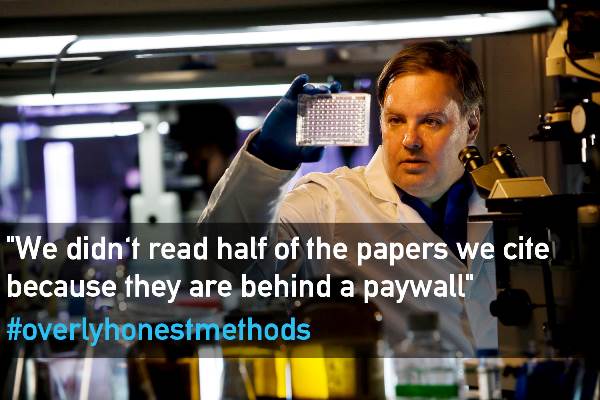Apologies for the typos and the general lack of editing of this piece, I’m hurriedly tapping this out right before putting on the Theorizing the Web conference in a couple of hours.
Nicholas Carr chose a great lead photo for his post yesterday critiquing the anti-digital-dualism argument put forth by myself and others on this blog. The image of a remote landscape evokes “wilderness”; well, it doesn’t “evoke”, it literally says “wilderness” right on it and the filename was “wilderness.jpg”. I think this image might be a fun way to illustrate one very fundamental disagreement Carr and I have. But before we can get there, I should spend some time replying to the various points in his post. Since Carr’s rebuttal to the digital dualism argument gets the digital dualism argument I have made wrong in some very fundamental ways, I’ll have to spend much of this post simply clarifying that; which is fine, reiterating things is a useful task. Though, what’s more fun than restating what’s already been said is jumping off into new directions, and hopefully we can do a little of that here, too, finishing with that lead photo. more...










